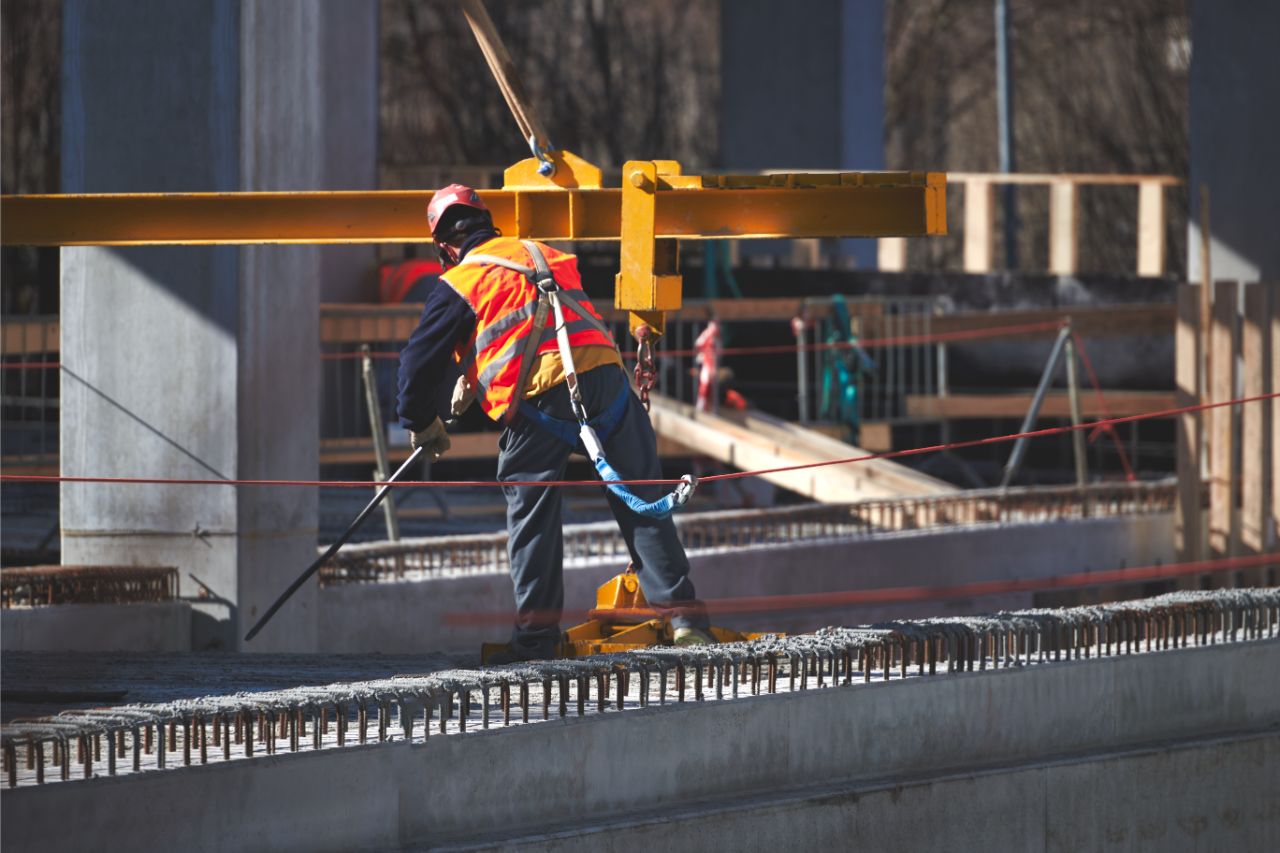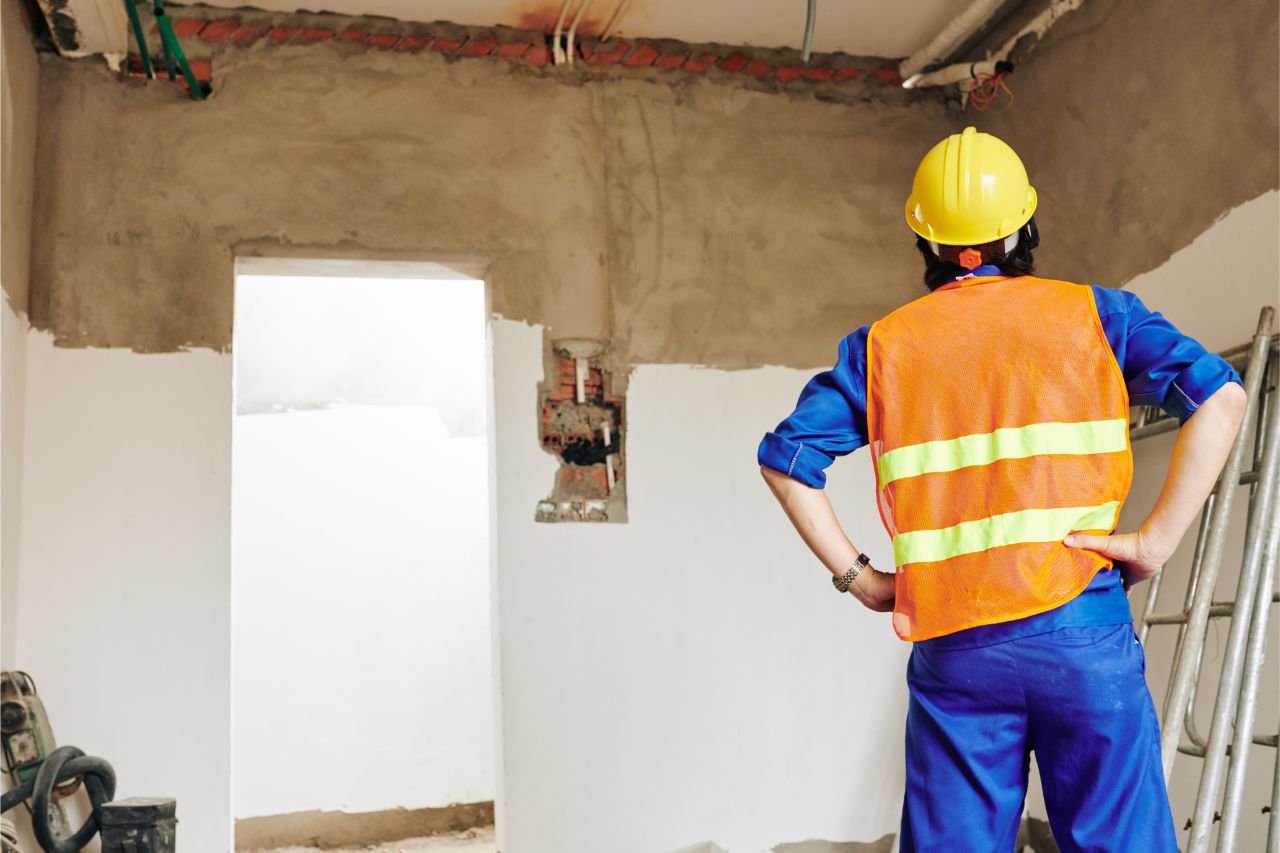
 July 9, 2021
July 9, 2021

It is frustrating and costly for project owners when the construction project is delayed. With large, complex projects, delays are more likely to occur and lead to cost overrun due to extended labor hours, equipment rental, insurance, and more. A well-experienced general contractor in the Philippines would know that some reasons that cause construction project delays are beyond control, while most can be avoided.
In construction, delays refer to the extra time incurred either beyond the stipulated project completion date or beyond the date that project stakeholders defined for the project completion date.
In this guide, we have rounded up four of the common reasons that cause construction project delays and tips on how to avoid them. Continue reading.
Construction budget forecasting involves quoting every job and item needed to complete the project. Budget forecast inaccuracies cause pricing errors, which are time-consuming and costly to readjust.
In the case of overestimating the budget, the project owner will need to pay more than necessary, creating a negative domino effect on cash flow. Instead of allocating money for other important jobs (i.e., wages), more money can go to minor things (i.e., small tools) and result in cost inefficiencies.
As for underestimated budgets, the unforeseen expenses during the construction phase will need more time allocated to secure financial sources. This will inevitably push the project completion date where the recovery plan requires time allocation as well. In worst-case scenarios, budget underestimation can cause project bankruptcy and put a stop to it completely.
Before the project starts, having a well-planned and accurate budget forecast is critical to see how every job and item costs. A good way to avoid construction project delays is to do financial project estimation.

The construction project scope is defined as the jobs to be done, who is responsible for completing such jobs, and how the workers will complete the job. In general, it refers to the deliverables that are expected at the end of construction. Therefore all the schedules, costs, procurement, quality checks, and estimations are planned for during the initial project scope.
Unfortunately, changes in the project scope can be a result of cost overrun and construction delays. These changes can stem from poor initial project scope planning, miscalculation of inherent risks, funding problems, or sudden modifications in the interest of the project owner such as in design.
Any change within the project scope while the construction phases are being executed will cause the entire project setup to be revised. This involves revising the budget, construction methods, quality check plans, procurement plans, etc. All of these revisions will lead to delays as resources and costs are aligned.
To avoid construction delays from scope changes, it would be best to have a proactive scope management setup that adapts to the needs of stakeholders throughout the project lifecycle. It is crucial to identify the key performance indicators in conjunction with the project owner. These may come in the form of milestones to calculate the success of achieving the project scope. Get into the habit of having project contingency plans wherever possible.
Similarly, to avoid disputes, it would be ideal to communicate changes among stakeholders in a timely manner. For extreme modifications, the project scope and completion date may be adjusted for achieving deliverables in the form of a detailed contractual description prior to its start.
Each construction project lifecycle has three main categories for completion: Pre-construction phase, Construction phase, and Post-construction phase. Under the pre-construction phase is the design stage wherein project delays result from as its problems are commonly discovered only during the construction phase.
A faulty design plan is expected to lead to inaccurate project deliverables during the project construction. Any attempt to correct the design errors will cause time delays and cost overrun. In worst cases, it can also compromise the entire structural integrity of the project, which is not only costly and time-consuming but also life-threatening to occupants. For example, you might construct a concrete element and then see it deform or collapse within days of its construction. Faulty design plans can cause wide-scale impacts and delay a project for months once it’s discovered later in the construction phase.
This being said, avoiding construction project delays entails properly communicating and collaborating with design teams (i.e., engineers, architects, interior designers, and other essential subcontractors) to come up with a well-reviewed design plan. The design teams should be able to identify problems in the plan as early as possible or before the construction phase itself.

For most residential building projects, construction takes about six to eight months to complete. For wide-scale renovation projects or large commercial builds, this timeline can be more extensive and take a minimum of 1 year.
Undoubtedly, any construction project is likely to be exposed to environmental catastrophes. For example, in the Philippines, there are two seasons which are the rainy season (from June to November) and the dry season (from December to May). During the rainy season, heavy rains, storms, or floods, can make it harder for workers to execute construction jobs. Some workers may find it hard to travel to the construction site or just find it unsafe to work in general given the bad weather. During the dry season, heat strokes and other heat injuries can occur and similarly delay the construction project.
Environmental catastrophes are inevitable and adopting safety measures must be prioritized to protect workers’ lives.
In this article are just some of the reasons that cause construction project delays. Although delays and cost overrun are commonly occurring in construction projects, you can avoid some of them by planning carefully for each construction phase. Better communication among all the project stakeholders with a clear understanding of KPIs can also help achieve complete the project without delays.
As a leading company for general contractor services in the Philippines, Cross-Link can offer services that are aimed to avoid construction project delays. With years of expertise in the construction industry, we have provided construction services in the Philippines to a wide portfolio of clients, taking all the steps to complete their projects in a timely manner. If you are interested to learn more about our services, click here!